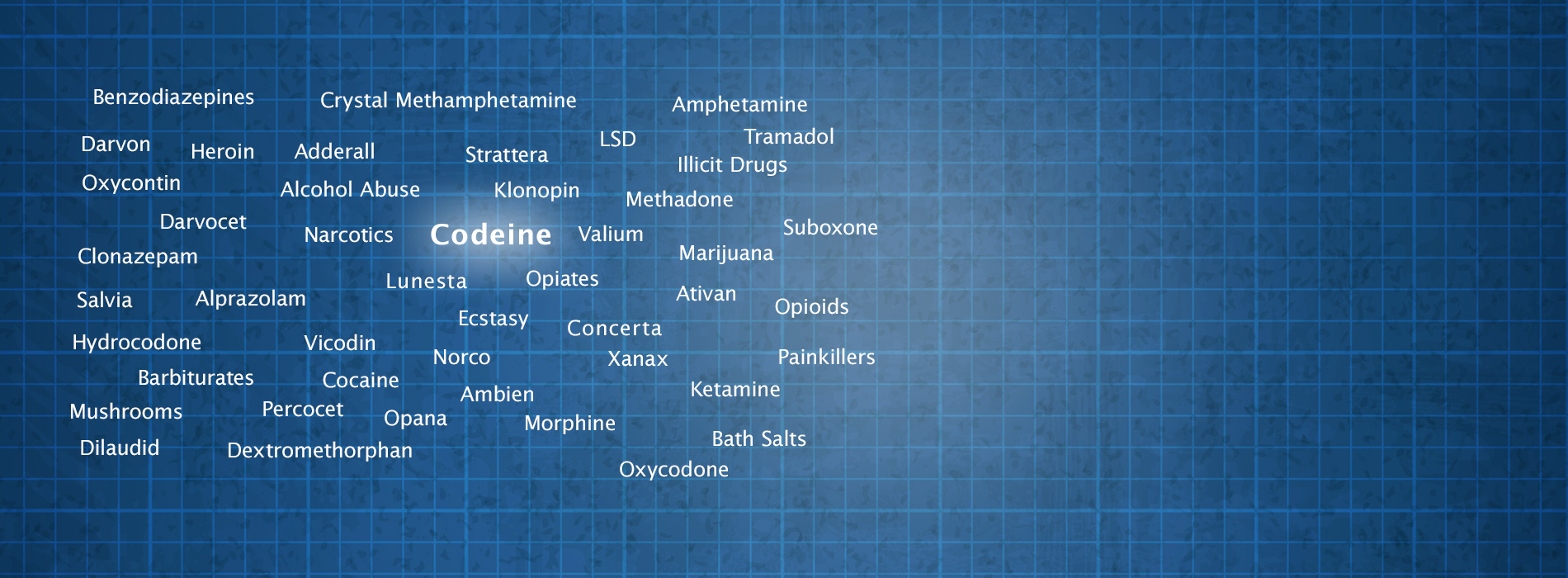Codeine
Codeine is a narcotic used to treat pain from minor to severe intensity. This opiate derived from the opium poppy plant and is in the same classification as heroin. Prescribed by doctors, codeine comes in pill form mixed with over-the-counter anesthetics, such as aspirin. The street names for codeine are Doors and Fours, Coties, and Schoolboy. Like all other opioid medications, codeine is habit-forming and a prescription is needed to obtain it. However, it is sold illegally on the street. Codeine addiction is a serious problem in the U.S., and the use of codeine has severe consequences that can be detrimental.An addiction to codeine seriously impacts the addict physically, emotionally, mentally, spiritually, and socially. When you identify and address the problem, this is the first step toward recovery. If you or someone you love has a codeine addiction, there is help for this at rehabilitation (rehab) treatment centers. The Substance Abuse and Mental Health Services Administration (SAMHSA) reported that as of 2009, 23.5 million people required treatment for some type of drug and/or alcohol problem. Also, codeine was reported to be used by more than 33 million people each year, and is one of the most prescribed drugs on the market.
Men and women who use codeine chronically or long-term often develop a physical dependence to this substance. When taken as indicated, it has pain-relieving properties, but certain people are inclined to abuse this drug. The causes include psychological, biological, social, and environmental factors. These factors include unresolved trauma, distressing situations, peers and family members with addiction problems, and homelessness.
Signs and Symptoms of Codeine Addiction
- Persistent drowsiness
- Complaints of itchy skin
- Loss of appetite
- Fatigue
- Uncontrolled muscle twitching
- Nausea and dizziness
- Excessive sleeping
- Bluish tint to fingernails and lips
Codeine Effects
- Blurred vision
- Nausea
- Seizures
- Tremors
- Kidney damage
- Stomach bleeding
- Cardiovascular malfunctions
- Compromised breathing and respiratory depression
- Hallucinations
- Depression
- Disorientation
- Mood swings and irritability
- Impaired cognitive function
- Withdrawal from social gatherings
- Loss of interest in usual activities
- Broken relationships
Codeine Withdrawal and Treatment
There are countless addiction rehabilitation (rehab) centers around the U.S. and world. If you or someone you love is/are addicted to codeine, consider attending a rehabilitation program. These types of facilities help you transition from addiction to a drug-free life. They offer rapid detox so a person can stop the opiate receptors and the body can rid itself of the drug quickly. Also, the rehab centers works closely with Narcotics Anonymous (NA), which is an organization that offers counseling and support.
References
http://www.drugabuse.gov/

